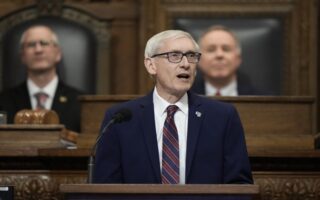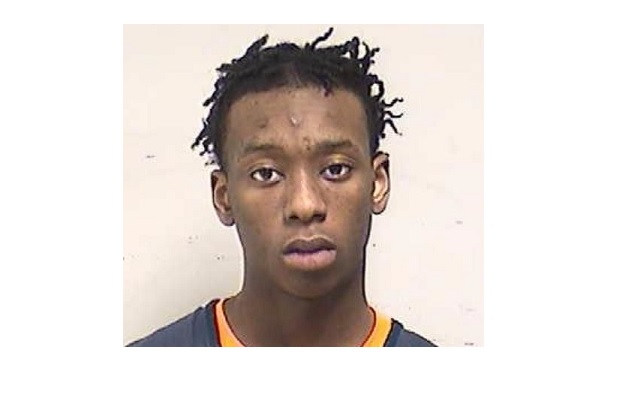Wisconsin Assembly to vote on overrides of governor’s vetoes

MADISON, Wis. (AP) — The Wisconsin Legislature’s first veto override attempt in nearly a decade seemed destined to fail Thursday, with no Democrats planning to jump ranks to provide Republicans with the necessary votes to succeed.
But Assembly Republicans were to force votes anyhow on three budget items that Democratic Gov. Tony Evers vetoed this summer. It will mark the first time since 2010 that either house of the Legislature has attempted to override a veto. They are rarely successful. The last time a veto was overridden was in 1985.
The votes come on what promises to be a tumultuous day at the end of a dramatic week of clashes between Evers and the Republican-controlled Legislature. Evers called a special session on gun control for Thursday, but Republicans planned to avoid debating on the bills by gaveling in and out without taking action. Gun control advocates planned to rally at the Capitol and watch the debate from inside the chamber.
That bit of theater follows the Senate voting Tuesday to fire Evers’ pick to run the agriculture department. Evers attended the debate in person, on the floor of the Senate, and then tore into senators after the vote, calling the action “BS” in comments sprinkled with profanity.
Evers stands to come out better on Thursday, with the veto override unlikely to succeed. Democrats will also force a debate on gun issues outside of the special session, by bringing it up during a different bill related to preventing suicide.
Overriding a veto requires two-thirds of lawmakers present in the Assembly and Senate to succeed. Republicans have a 63-36 majority in the Assembly but would need 66 votes if everyone is there, meaning three Democrats would have to switch sides. Overriding a veto would also need 22 votes in the Senate, where Republicans have 19 seats. The Senate doesn’t plan to return until January.
The vetoes up for override votes Thursday nixed $15 million in funding to create a northern Wisconsin regional crisis center, instead allowing the money to be used to expand Mendota Juvenile Treatment Center in Madison; blocked $5 million a year for doctors who care for people in state health care programs; and gave the Evers administration more flexibility in how to spend $500,000 to increase the number of health care providers, nixing the Legislature’s plan to create a new grant program.
___
Follow Scott Bauer on Twitter: https://twitter.com/sbauerAP






